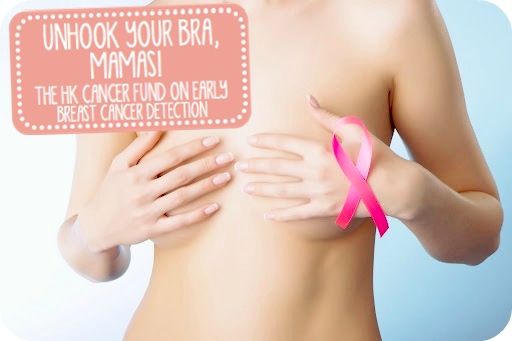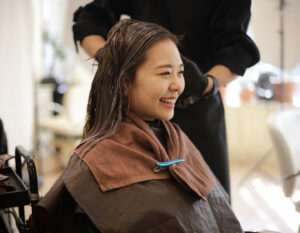
We know health issues like cancer are often the furthest thing from your mind – but it shouldn’t be. Although the average age that women are diagnosed with breast cancer is 53, in recent years it has become more prevalent in younger women – in fact, around 20% of new cases are being diagnosed between the ages of 20-40 years old. We turned to the folks at the Cancer Fund for more on why being “breast aware” can save your life.
It is no longer safe to believe that breast cancer cannot happen to you. Being familiar with your family history and making positive lifestyle choices are two very important factors when considering your health. By being breast aware you are preparing yourself with the tools necessary for healthy living and early detection, which in-turn could save your life. And remember, anytime you see or feel any kind of change in your breast(s) you should see your doctor.
Here’s why you’re never too young to be breast aware:
*Breast cancer is the most commonly diagnosed cancer in women of all ages.
*Breast cancer has the potential to be far more aggressive in younger patients, making early detection even more important.
*Mammograms are generally recommended for women over 50; however it is available to women starting from 40 years of age. Prior to the age of 40, women’s breast tissue tends to be denser, making it more appropriate to use an ultrasound rather than a mammogram to check for lumps.
*Approximately 8 women in Hong Kong are diagnosed with breast cancer every day. Knowing your body and being aware of changes can make it easier for you to identify any problems.
Sooooooo… Unhook your bra and check regularly! Don’t wait for the alarm!
-Women of all ages should be familiar with the normal look and feel of their breasts. If you notice any of the following changes please see your doctor immediately.
-A lump, lumpiness or thickening.
-Changes in the skin of a breast, such as puckering, dimpling or a rash.
-Persistent or unusual pain.
-A change in the shape or size of a breast
-Discharge from a nipple, a nipple rash or a change in its shape
Remember… early detection saves lives!
More information about breast cancer is available at www.cancer-fund.org/pink. And for free cancer support, please call the CancerLink Hotline on 3656 0800, a free service of Hong Kong Cancer Fund or visit: www.cancer-fund.org/pink.
 View All
View All











 View All
View All





 View All
View All


 View All
View All













